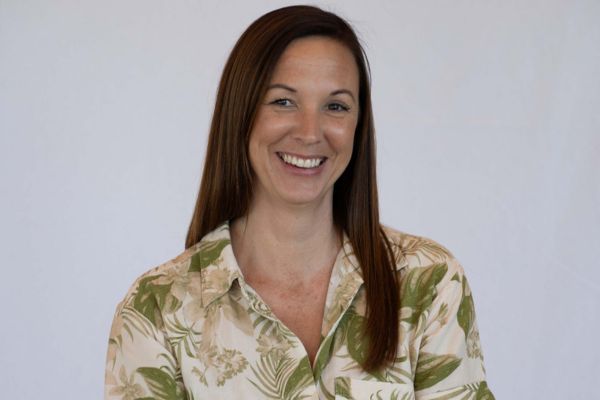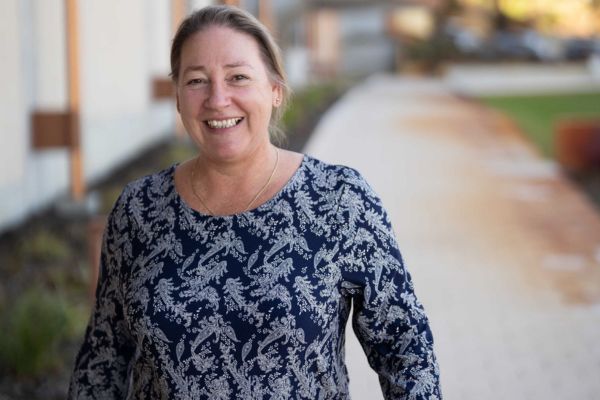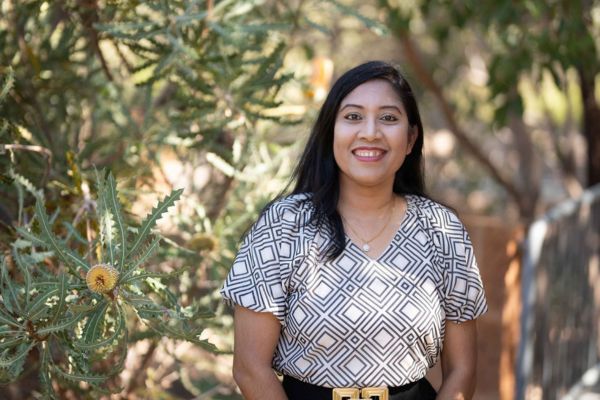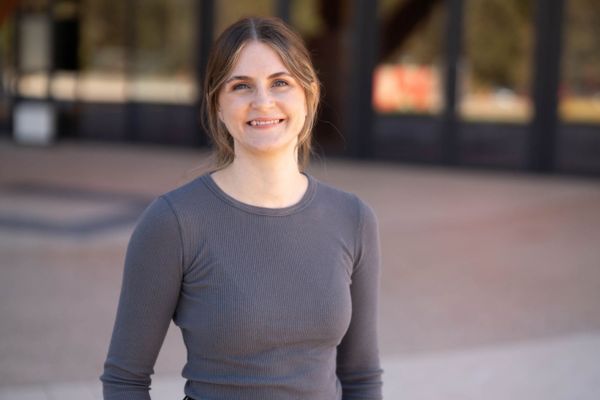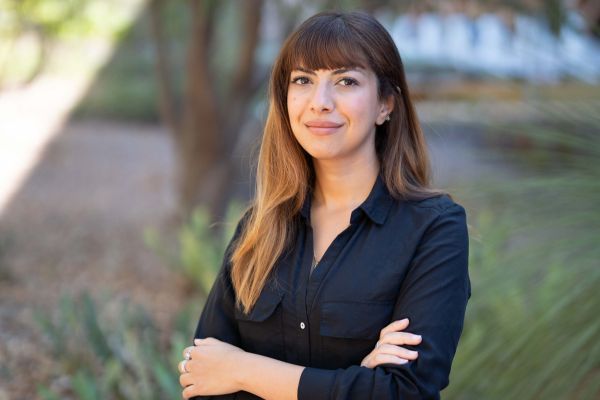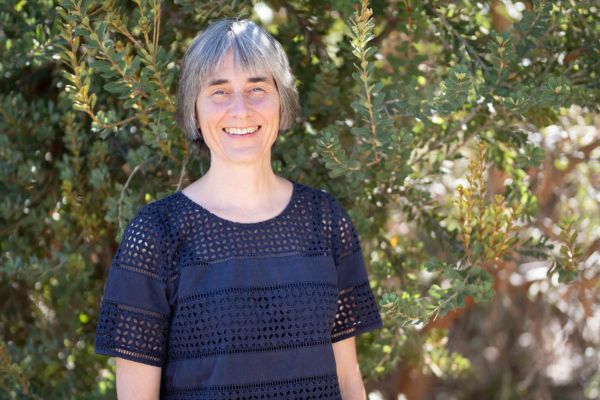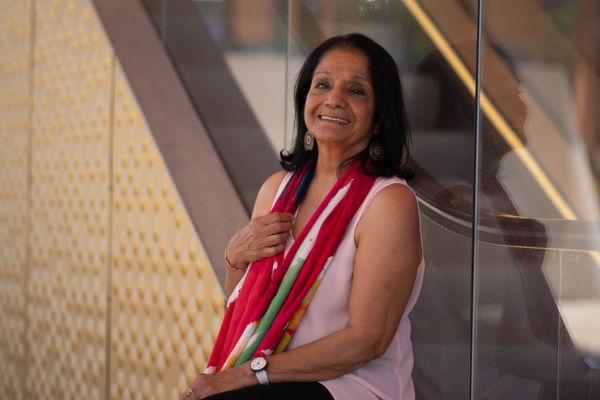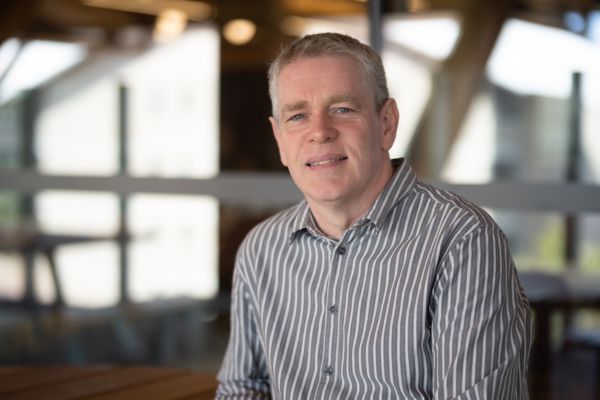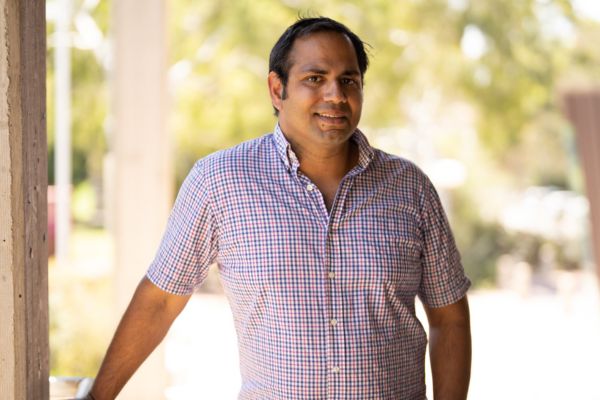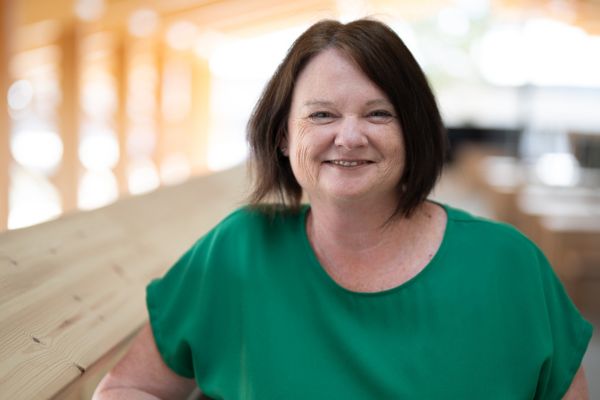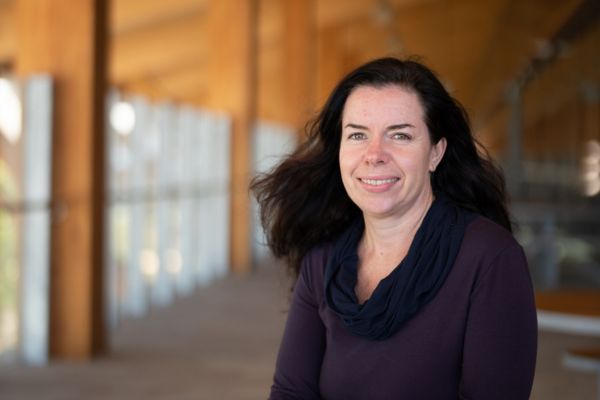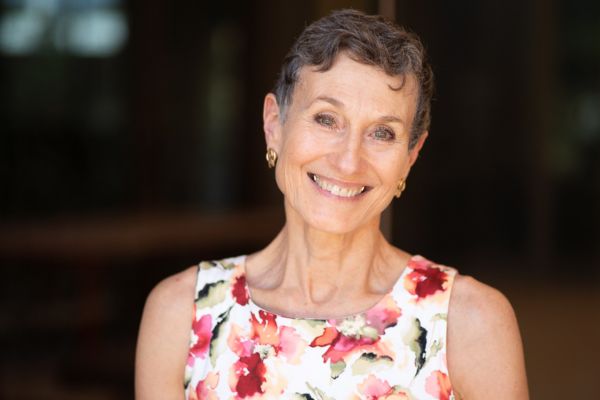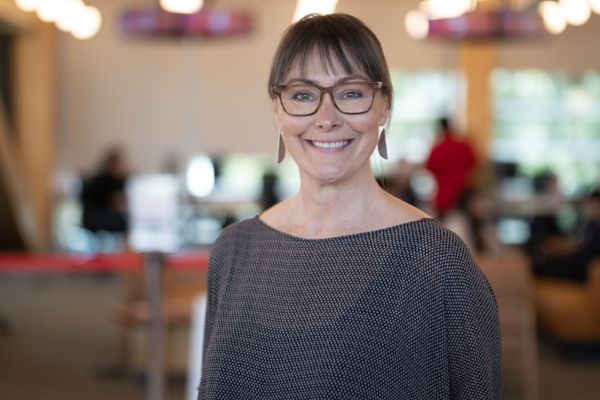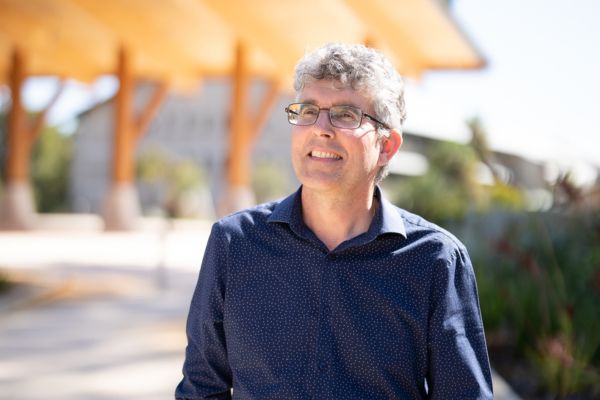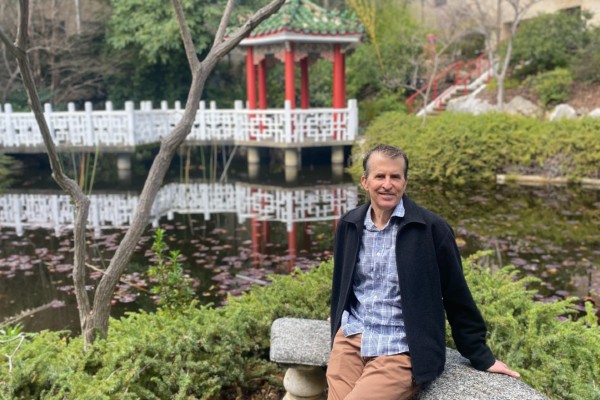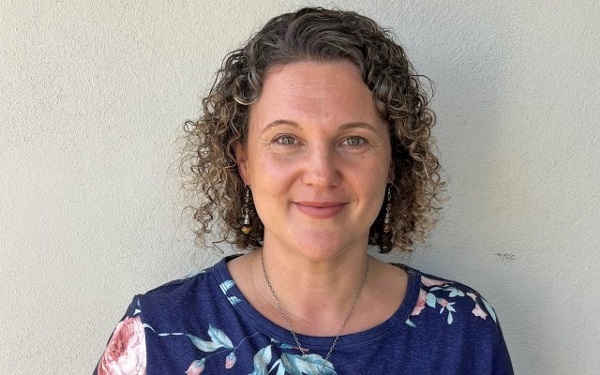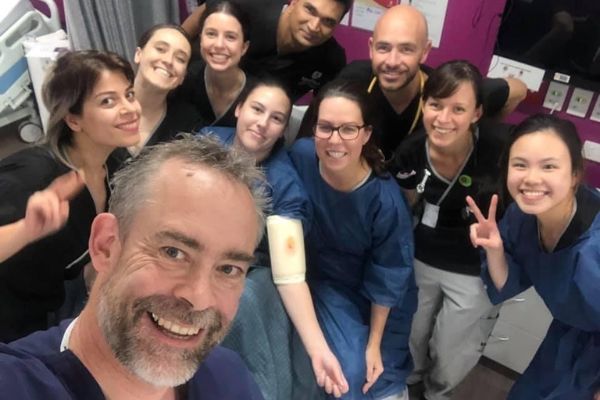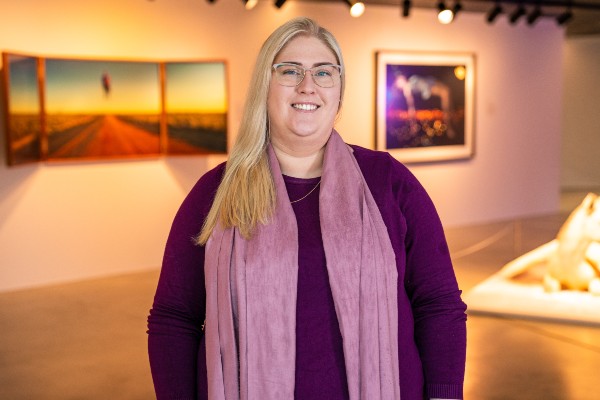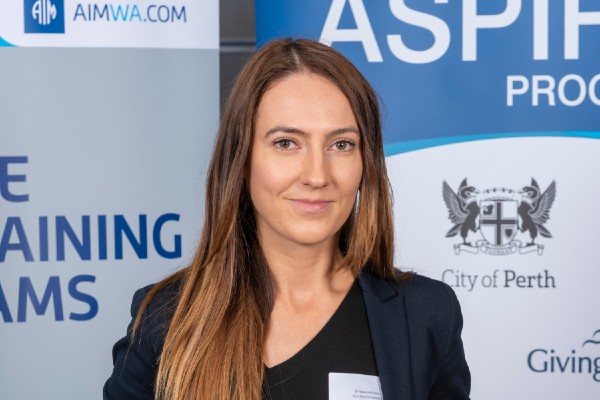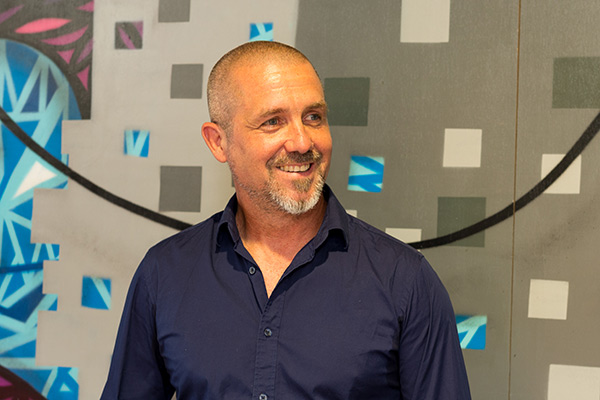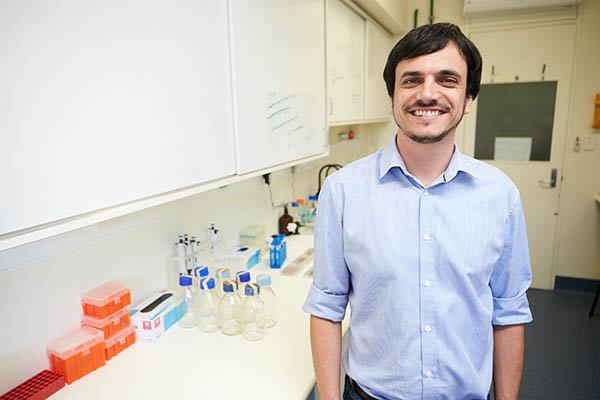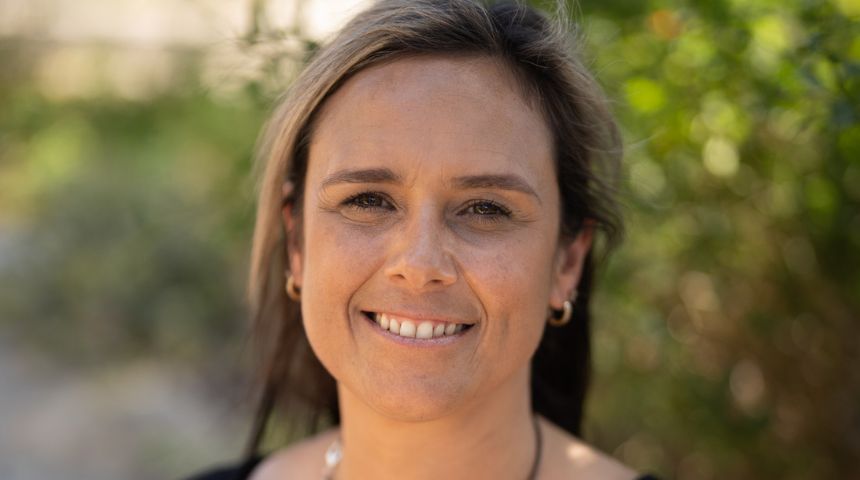
This is a shared journey that welcomes anyone who wants to make the world a better place. Meet an animal-loving academic from Murdoch, who originally had plans of becoming a veterinarian.
Sometimes what feels like a bump in the road ends up being the catalyst for a meaningful new direction. For Associate Professor Serina Hancock it was her initial dream of becoming a vet – but life had other plans in store for her.
The respected academic from the School of Agricultural Science chats about her journey into animal science and how she’s helping make the world a little brighter through her work at Murdoch.
Similar to a lot of students who enrol in the Animal Science major, I originally wanted to be a vet.”
Dr Hancock took on a biotechnology degree and it was in her final year of the course when she stumbled upon units in animal science, and promptly realised where her career needed to head.
A few years down the track from that serendipitous moment, she now holds a Bachelor of Agricultural Science in Animal Science (First Class Honours), a PhD with a top up scholarship from the CSIRO and completed a post doctorate role in New Zealand studying periconceptional influences on foetal growth in sheep. She moved to Western Australia, managing training workshops for sheep and cattle producers in Australia, and made her way to Murdoch’s world-class agricultural science team.
In 2021 I took on the leadership of a $5.3 million National research program called The impact of shade and shelter on sheep reproduction and welfare.”
“When I commenced at Murdoch, I immediately started assisting in teaching the core units for the Animal Science program and I began building my research profile again with a more applied focus on sheep production and reproduction,” she said. “In 2018, I was appointed a lecturer in Animal Science and commenced as co-academic Chair of Animal Science. I have just recently been appointed to Associate Professor in Animal Science.”
She has multiple interests in the field and balances her passion for animal welfare with improving sustainable meat production and supporting agriculture in Australia. Right now, for example, she’s a key part of a research team at Murdoch which leads the field Nationally in improving sheep reproduction and lamb survival.
“I am currently leading a program of work investigating the impact of shade and shelter on sheep reproduction and welfare. I am extremely passionate about seeing outcomes from our research adopted and I am actively working towards improving the extension of key messages to industry to improve adoption rates,” Dr Hancock said.
At Murdoch, she helps students realise their dreams even if they don’t know what those are yet – a position she was in at the beginning of her journey.
It is so rewarding to see where our graduates end up and how they have embraced their passion and hope that maybe just maybe we provided the step for them to reach for the stars.”
“In teaching and outreach, it is about raising awareness and educating those about the agricultural industry,” Dr Hancock said.
“I aim to continue to create awareness of the amazing opportunities for careers in agriculture including the recent development of our ‘livestock industry career readiness’ unit which maximises student connection with industry, to assist in the establishment of students careers.”
She’s not just training future professionals; she’s also helping progress and improve the sustainable red meat industry.
“It is inspiring to work with farmers and researchers in developing sustainable livestock farming systems for Australian farmers that are being adopted worldwide. In Australia, we are leading the world in showing how we can produce better animals with good welfare whilst also benefiting the economy, rural communities and the environment,” Dr Hancock said.
I help establish trust with producers and researchers and industry and students.”
How does this tie into Murdoch’s Ngala Kwop Biddi, Building a Brighter Future Together vision? This is a shared purpose to change lives and society for the better, solve complex future problems, whilst being an inclusive community where anyone can realise their potential.
“For us in agriculture, and more specifically sheep production, Building a Brighter Future Together means strengthening our industry and producing its future leaders. Training and producing future leaders who will have an impactful career requires maximising relevance of the curriculum and integrating the industry collaboration throughout,” Dr Hancock said.
Murdoch has been a leader in agriculture, veterinary medicine, environmental science, and sustainability for 50 years.
